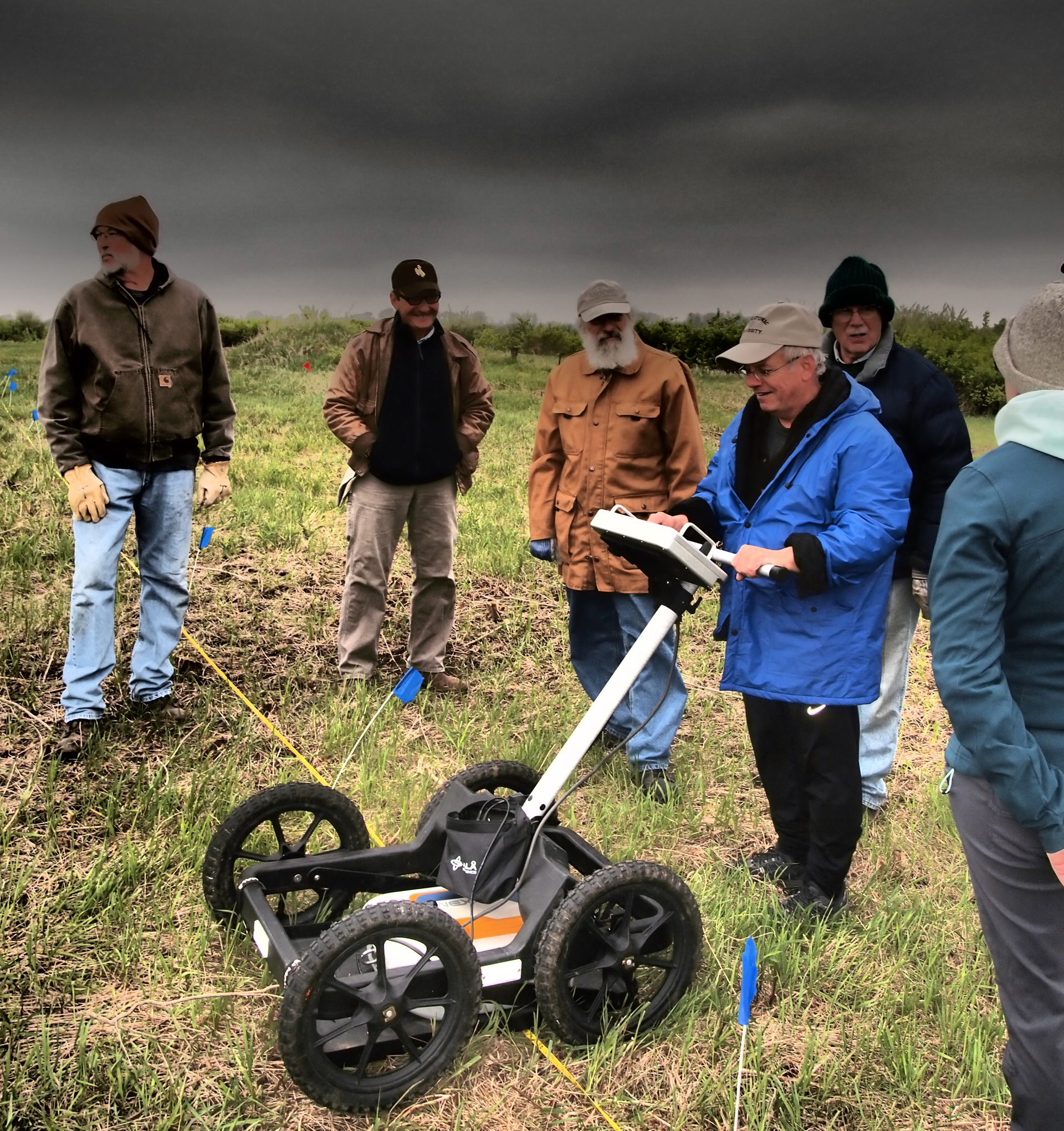Mark R Schurr
611 Flanner Hall
University of Notre Dame
Notre Dame, IN 46556 USA
mschurr@nd.edu
(574) 631-7638
My research interests take me into the field and the lab.Field Work:My field work has been conducted mainly in northern Indiana since 1991 when I taught my first field school at Notre Dame. Current research topics include:
|
||
Laboratory Research:My lab work makes use of my background in chemistry (I have a B.S. in Chemistry and worked in the chemical industry for several years before going to grad school). My enduring love of chemistry was originally sparked by a childhood chemistry set, and further nurtured by an excellent high school teacher. I am interested in applying analytical methods to archaeological problems. This is often called archaeometry. Methods that I am presently using include: Stable isotopes for understanding prehistoric nutrition, especially to examine changes in weaning behavior (or lack thereof) with the evolution of food production, and the relationship between agricultural intensification and social organization. I have recently become very interested in the isotopic ecology of people and the animals they preyed upon or coexisted with. Many of these projects are being done by students. I am also exploring compound-specific isotope analyses. Fluoride dating of bones, with many projects conducted by the Fluoride Dating Service Center |
||
